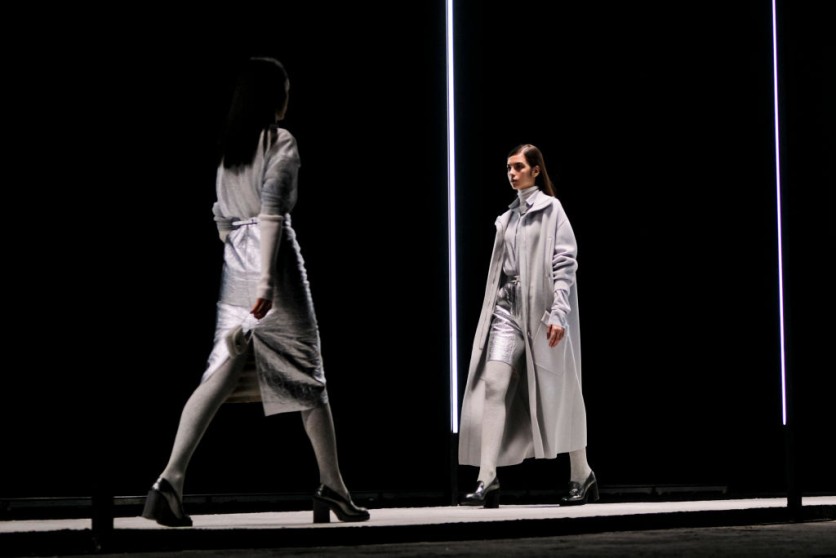Artificial intelligence is now reportedly affecting fashion models, for better or for worse, as some AI-generated fashion models are acting as stand-ins for real-life models in photoshoots.
The first example can be found in a picture shoot where the AI-generated virtual twin of London-based model Alexsandrah stood in for the actual Alexsandrah. As with human models, the real model is credited and paid each time the AI version of herself is used.
According to Alexsandrah, she and her alter persona are "even down to the baby hairs" alike. This is just one more illustration of how AI is changing the creative industry and how much or little individuals are paid.
Advocates claim that the increasing application of AI to fashion modeling highlights diversity in all forms and sizes, enabling customers to make more individualized purchasing selections and minimizing fashion waste from returned goods. Additionally, digital modeling helps businesses save money and opens doors for those who wish to work in the technology industry.

However, some express worry that the use of computer models could drive out real models as well as other industry workers like makeup artists and photographers. It is also possible to deceive consumers into believing that AI models are real, and for businesses to take credit for meeting diversity targets without using real workers.
AI has the potential to reverse some of the progress made by women of color, who have historically faced greater entry obstacles in the modeling industry. According to data, women are more likely than males to work in professions where technology may be used, and they also face a higher chance of being replaced.
AI-Generated Fashion Models have long been a reality. In 2019, "Lalaland" was introduced as a way to create customizable AI fashion models for different garments. As per Lalaland's founder, Michael Musandu, the application aimed to increase diversity in beauty standards.
According to Musandu, his product should be used in addition to conventional photo shoots, not instead of them. Using various size filters, consumers might view nine to twelve models in place of only one, improving the buying experience and lowering the amount of fashion waste and product returns. According to Musandu, because Lalaland.ai pays people to train its algorithms, the technology is creating new jobs.
AI-Generated Diversity
AI fashion models are thought to curb costs and speed up image production while being more inclusive. The owner of the London-based Grey Modeling Agency, Rebecca Valentine, thinks it is ineffective to use AI to promote diversity.
Valentine contends that celebrating authenticity, culture, individuality, and way of life is the fundamental goal of diversity representation. She goes on to say that AI merely "parodies" diversity rather than celebrating it.
The coming years will demonstrate if AI can significantly contribute to the fashion industry's promotion of diversity and whether businesses understand when and where to draw the line when deploying this cutting-edge technology.
AI Fashion Models in the Industry
Notable denim brand Levi Strauss & Co. announced in March 2023 that, in an attempt to feature a wider range of body shapes and underrepresented demographics on its website, it will be experimenting with AI-generated models created by Amsterdam-based Lalaland.ai.
Levi, however, made it clear that it was not abandoning its intentions for live photo shoots, the use of live models, or its dedication to working with a broad pool of models after facing intense criticism. The business declared last month that it has no intentions to expand the AI initiative.
Representatives for Nieman Marcus, H&M, Walmart, and Macy's, on the other hand, stated that their respective businesses do not employ AI models. Walmart added, however, that while suppliers may take a different approach to the photographs they offer for their products, we are unaware of this.
Related Article: AI Pin: Humane Expands to South Korea Through Partnership with SK Telecom

ⓒ 2026 TECHTIMES.com All rights reserved. Do not reproduce without permission.




